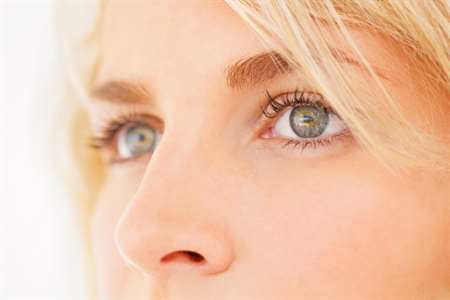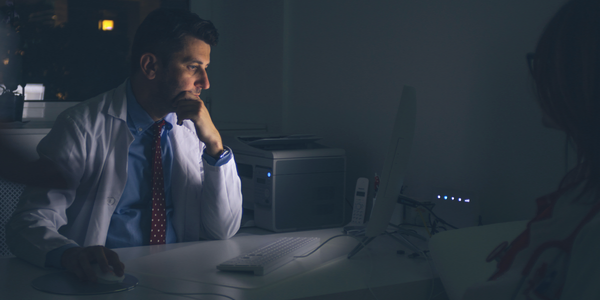
Although anorexia, bulimia, and binge eating disorder are the most commonly known conditions, there are other eating disorders out there, but many of them are unknown.
“Many people don’t realize that there are many different types of eating disorders out there,” says Christy Shatlock, MS/RD and one of the lead dietitians for BistroMD. “They are not as widely known, but they can have a negative impact on your health, especially if you go undiagnosed.”
BistroMD’s lead dietitian reviews some of these "unknown" eating disorders, and points out what you should be aware of if you, or someone you know, suffers from one of these conditions.
1. Selective Eating Disorder
“Children, adolescents and adults who suffer from this disorder are more afraid of food than gaining weight,” says Christy. “From a woman who will only eat cheese sandwiches, to a man packing forty bags of potato chips for a snowboarding vacation, selective eaters control their diet by eating only specific foods and meals.”
Selective Eating Disorder can be as equally difficult as having either bulimia or anorexia.
Signs and Symptoms:
“If you have a limited diet marked by specific foods or meals, or your eating habits limit you from participating in certain functions and social engagements, you could have Selective Eating Disorder,” says Christy.
Do you feel anxious or nervous if you are not able to select certain foods? Do you go out of your way to make sure you are able to eat within your diet? If you fret about these things, then you may have Selective Eating Disorder.
Treatment:
Since selective eating is as much about obsessive compulsive behavior as it is about food, treatment with a counselor is widely suggested. Therapists will work with sufferers to reset eating patterns through exposure to new foods. Therapists will also explore the issues affecting the person's obsessive compulsive behaviors.
2. Nocturnal Sleep Eating Disorder
Nocturnal Sleep Eating Disorder is not technically classified as an eating disorder, but rather a sleeping disorder. Many sufferers, however, still consider the condition to be some form of an eating disorder.
“People who suffer from this disorder often wake up in the morning to discover that they have gone into the kitchen and binged while sleeping,” says Christy. “Over 66 percent of sufferers are women."
In addition to binging during the middle of the night, factors such as stress, depression, and sleep apnea are also linked to this condition.
Signs and Symptoms:
“If there is evidence in your kitchen that food was consumed during the night, you may have this disorder,” says Christy. “Another good indicator is that you may wake up with food stains on your clothing.”
Treatment:
Treatment for Nocturnal Sleep Disorder begins with a clinical interview, and a night or two at a sleep-disorders center where brain activity is monitored. If you think you may have Nocturnal Sleep Discorder, talk to your physician and ask for a referral to a sleep disorder treatment center.
3. Body Dysmorphic Disorder
“It is estimated that Body Dysmorphic Disorder (BDD) affects 1 in 50 people,” says Christy. “Though often associated with eating disorders, BDD is a type of chronic mental illness in which you can't stop thinking about a flaw with your appearance. Usually, it is a flaw that is either minor or imagined.”
Whether it is about one's weight, hair, or nose, people who suffer from BDD are obsessed with an element of their physical body which prevents them from living a normal life. This often leads to other psychiatric problems because of the disorder: depression, anorexia, anxiety issues, and more.
Signs and Symptoms:
“If you find yourself obsessed with some element of your hair, face or body, or if you have some flaw you have determined is unacceptable, then you may be suffering from this disorder,” says Christy. “You may also think about taking drastic measures to fix the situation, like plastic surgery, or liposuction.”
Treatment:
“According to The National Women's Health Information Center, physicians suggest looking into serotonin reuptake inhibitors,” says Christy. “These are antidepressants that decrease the obsessive, compulsive behaviors.”
Physicians also recommend participating in cognitive behavioral therapy.
To read more helpful tips from BistroMD’s team of experts, please visit our healthy facts section to learn more about our program.







